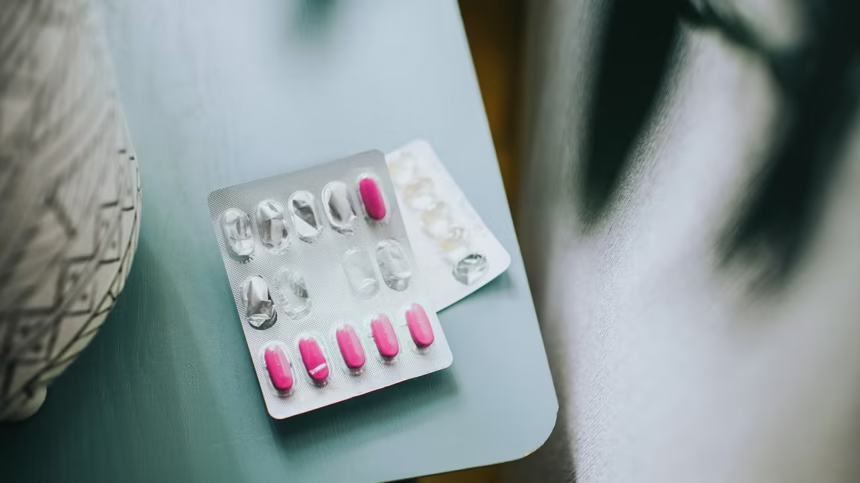A drug allergy occurs when the immune system overreacts to a medication, causing an adverse reaction. This reaction happens when the immune system mistakenly identifies a harmless drug as a dangerous substance. Navigating medical treatment with known drug allergies requires careful management because standard medications might pose a risk. Here are some strategies for safer medication choices:
Inform Providers About Your Allergies
Providing a complete list of your allergies to every healthcare professional you see is a key step in managing your health. Before any new treatment or prescription, remind your doctors, nurses, and pharmacists about your specific drug allergies. Maintaining an updated list of all medications and supplements you take, which you can share with each provider, helps them cross-reference potential interactions and allergic reactions.
This practice extends beyond your primary physician to include specialists, dentists, and any emergency medical personnel. When you visit a new clinic or hospital, do not assume your records have been transferred completely; always verify that your allergy information is present and accurate. Your diligence helps healthcare providers make informed decisions, and it leads to better care for you.
You might also ask for a copy of your updated medical chart for your personal files after each visit. This documentation serves as a personal backup and reference, and it allows you to easily share accurate information during future medical appointments. Having this information readily available empowers you to advocate for your own safety in different healthcare settings.
Carry Identification
Wearing a medical alert bracelet or necklace is a practical way to communicate your drug allergies when you are unable to speak for yourself. These identification items have your specific allergies engraved on them, so emergency responders will see the information immediately. This simple measure provides a direct line of communication during an emergency situation.
Keeping a wallet card that details your allergies, medical conditions, and emergency contacts is useful, and it can be lifesaving. First responders are trained to look for this type of information. While a bracelet is more visible, a wallet card offers space for more detailed facts that could influence treatment decisions.
Use Alternative Medicines
Your physician may suggest alternative medications if you are allergic to a standard treatment. Discussing other options that will not trigger a reaction is part of developing a safe treatment plan, and your doctor will help you find a suitable substitute. There are often several classes of drugs available to treat a single condition. A few examples of alternative approaches include:
- Prescribing a different antibiotic if you have a penicillin allergy.
- Using non-NSAID pain relievers for individuals with aspirin sensitivity.
- Selecting a different type of anesthetic for a surgical procedure.
Follow the Doctor’s Advice
Adhere strictly to the treatment plan prescribed by your healthcare provider. Your doctor selects medications based on your specific health profile, including your known allergies, so taking only what is prescribed is a key part of your safety. Never take someone else’s medication, even if your symptoms seem similar. A drug that is safe for one person could be dangerous for another, especially if an allergy is present.
Get Guidance for Drug Allergies
Navigating a drug allergy involves clear communication and proactive steps to manage your health safely. A plan provides a roadmap for what to do during routine care and what steps to follow in an emergency. If you have questions about your drug allergies, contact an allergy specialist to schedule a consultation with a healthcare provider today.









